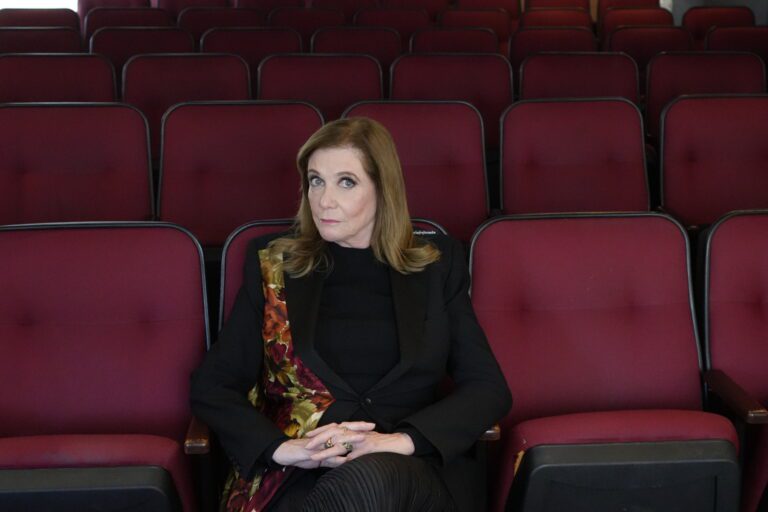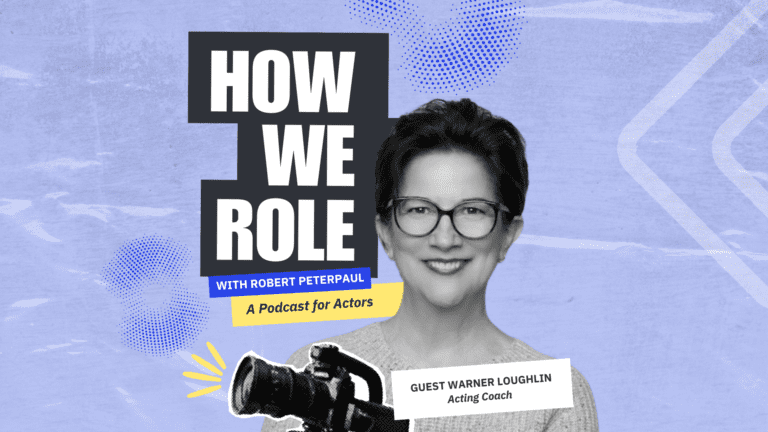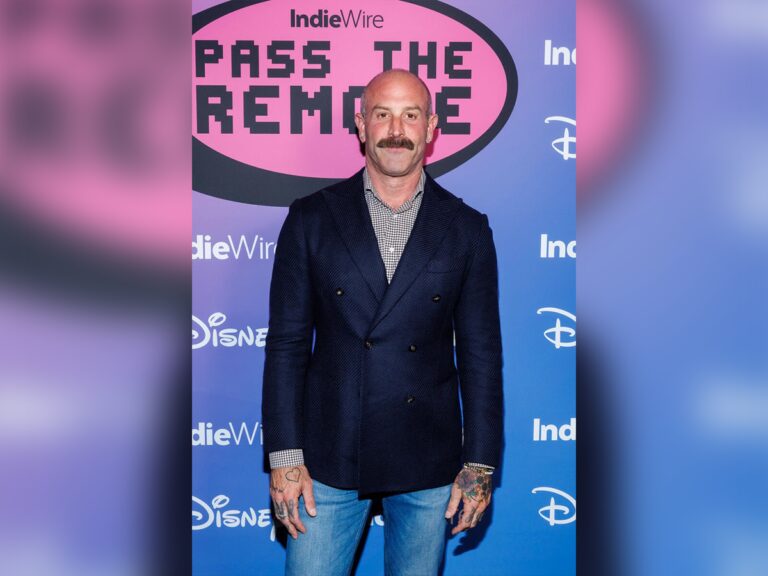Navigating the glamorous world of entertainment comes with its share of obstacles that can impact the mental health of actors. The constant need to uphold a perfect public image and handle the uncertainties of fame frequently results in common challenges such as anxiety, depression and stress.
Through exploring these difficulties, we aim to provide valuable perspectives that help artists better comprehend and prioritize their mental health needs.
The Illusion of Perfection
Show business places a premium on perfection. Performers are frequently required to uphold a flawless public persona, embodying achievement, joy and resilience. This demand imposes a constant burden to adhere to unattainable norms, resulting in feelings of unease and tension. The pressure to project an immaculate image, whether in front of the camera or behind the scenes, can become all-consuming.
Take Jennifer Lawrence, a renowned Oscar-winning actress. She has bravely shared her battles with anxiety, revealing that fame hasn’t shielded her from the stress of public judgment and the dread of failure. By openly discussing her mental health journey, Lawrence has brought attention to the fact that even highly acclaimed performers grapple with profound psychological hurdles.
The Rollercoaster of Success
The unpredictable nature of an actor’s profession involves alternating between busy periods and extended breaks, creating a rollercoaster of emotions. The excitement of securing a desired role or earning praise can swiftly give way to disappointment from rejection or negative feedback. This constant fluctuation between success and setback may result in self-doubt and emotional distress for the actor.
Robin Williams navigated the rollercoaster of fame in Hollywood, showcasing his exceptional skills while grappling with deep-seated depression. His tragic death in 2014 highlighted the urgent need for mental health support for actors and prompted a broader conversation about the pressures faced by those in the entertainment industry.
The Impact of Public Scrutiny for Actors
Actors live much of their lives in the public eye, where almost every action is scrutinized and judged. This constant observation may not be healthy, as it’s not a choice.
The fear of negative publicity or being misunderstood can make it difficult for actors to relax and be themselves. The pressure to maintain a positive public image can result in a constant state of vigilance, preventing actors from addressing their mental health needs openly.
Consider Emma Stone, who has courageously discussed her struggles with anxiety and panic attacks. Despite her fame, she has had to navigate mental health challenges in the spotlight. Through her openness, Stone has highlighted that mental health issues can impact anyone, irrespective of their success or public persona.
Coping Mechanisms and Mental Health Resources
Given the unique challenges faced by actors, it’s important to develop effective coping mechanisms and seek out mental health resources. Here are some strategies that can help.
Therapy and Counseling: Actors can benefit greatly from seeking support from a therapist or counselor, who offers a secure environment to delve into their emotions and acquire effective coping mechanisms. Cognitive-behavioral therapy (CBT) and various counseling approaches are especially helpful in addressing anxiety and depression in actors.
Mindfulness and Meditation: Actors can benefit from incorporating mindfulness and meditation into their routines to help them stay grounded and reduce stress. Techniques like deep breathing, progressive muscle relaxation and guided imagery are valuable resources for managing feelings of anxiety.
Support Networks: Establishing a robust circle of supportive relationships with friends, family and colleagues in the acting community can offer a crucial source of emotional backing. By confiding in trusted individuals about shared experiences and obstacles, one can combat feelings of loneliness and gain valuable guidance.
Healthy Lifestyle Choices: Adhering to a wellness routine that includes consistent physical activity, a well-rounded diet and sufficient rest can greatly benefit mental well-being. Research indicates that engaging in exercise can effectively alleviate symptoms of anxiety and depression.
Setting Boundaries: Creating distinct boundaries between one’s personal and professional life can be beneficial for actors in safeguarding their mental health. This could involve implementing restrictions on social media usage, incorporating frequent breaks during work hours and emphasizing the importance of self-care.
Seeking Professional Help: It’s important to seek assistance from mental health professionals like psychiatrists or psychologists when dealing with serious mental health issues. Through a combination of medication, therapy and various treatments, individuals can receive the vital support needed to address and conquer their mental health obstacles.
Real-Life Examples of Celebrities Facing Mental Health Challenges
Dwayne “The Rock” Johnson: Famous for his strong and resilient image, has bravely shared his personal struggles with depression. By speaking openly about his experiences, Johnson has encouraged others to reach out for support and challenge the negative perceptions surrounding mental health.
Chrissy Teigen: While not an actor, Teigen’s experience in the public eye as a model and television personality is relevant. She has been vocal about her struggles with postpartum depression and anxiety, highlighting the importance of seeking support and treatment.
Jon Hamm: The Mad Men star has discussed his struggles with chronic depression and the positive impact therapy has had on his life. Hamm’s story underscores the importance of seeking professional help and the effectiveness of therapy.
Lady Gaga: Known for her work in both acting and music, has been a strong supporter of mental health awareness. Through sharing her struggles with PTSD and chronic pain, she highlights the importance of accessible and holistic mental health services.
Mental Health and The Role of the Entertainment Industry
The entertainment industry should have a responsibility to support the mental health of its performers. This can be achieved by implementing initiatives in production companies and studios.
Educating and training actors, directors and producers on mental health awareness can cultivate a more empathetic environment. Ensuring that sets and workplaces are safe places for discussing mental health should be a goal. Advocating for industry policy changes like reasonable work hours and mandatory mental health breaks can enhance the protection of actors’ mental well-being.
Recognizing the significance of mental wellness is essential for actors, on par with maintaining their physical health. By placing emphasis on their mental well-being and fostering open dialogues about it, actors can enhance their holistic health and set a positive example.
Achieving optimal mental health requires consistent commitment. With sufficient assistance and resources, actors can excel in both their professional endeavors and personal relationships.
Did you know you Casting Networks has a program that offers unlimited telemedicine and behavioral health services and pharmacy discounts? Click here to learn about Thrive and enroll today!
You may also like:
- Julie Schubert talks Casting Hulu’s ‘Under the Bridge,’ the Importance of Her Work on the Holocaust Documentary ‘Resistance: They Fought Back’
- Suzanne Smith Talks Casting Michael Douglas-Starring Mini Series ‘Franklin’ and Audition Advice for Period Pieces
- What’s Casting: Netflix’s ‘Gary, The Dog,’ Kroger’s Commercial, Major Skincare Brand Commercial and More













